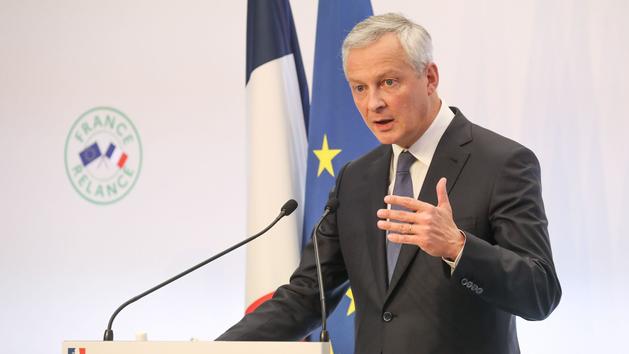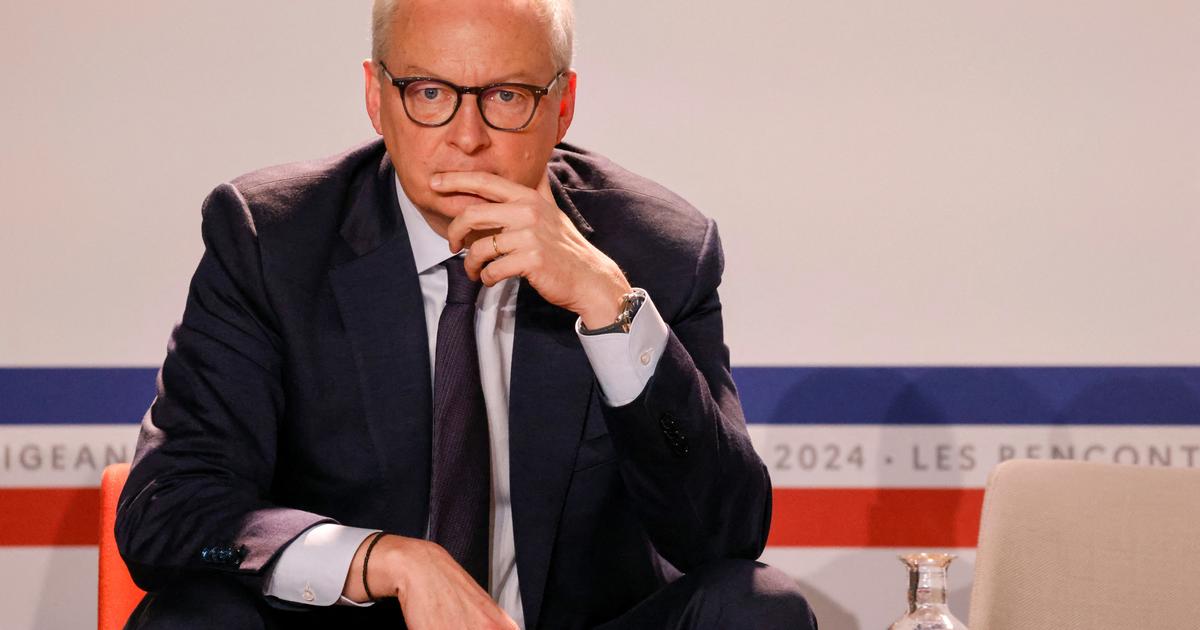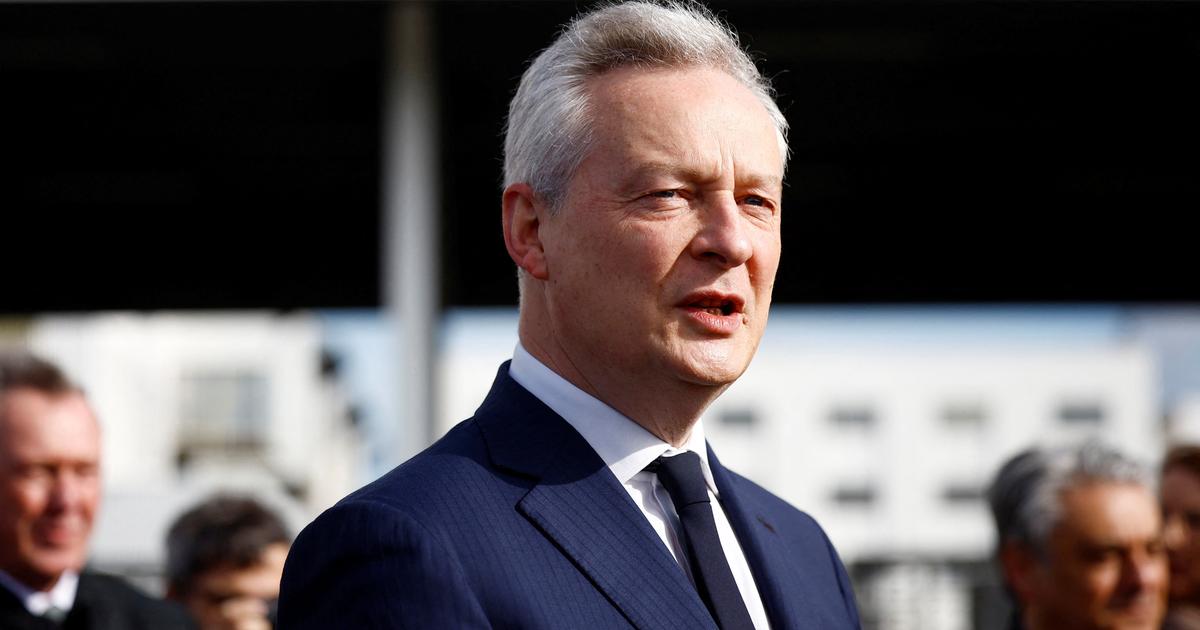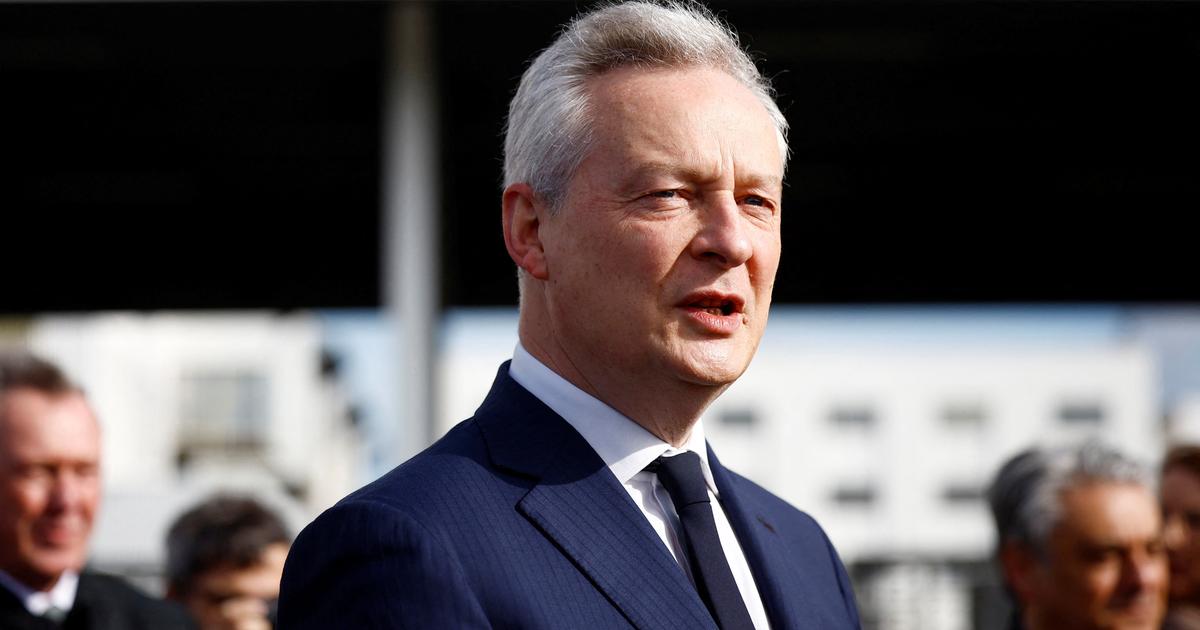This is a strong statement, made by the French Minister of the Economy, Finance and Recovery, this Friday.
The day after the presentation of the France Recovery plan, Bruno Le Maire wanted to be reassuring, estimating that the recession would be this year "
probably a little less severe than expected
".
Without committing to a growth figure for the next two years, he recalled the objective of a “
powerful
”
figure
for 2021 and a return to the pre-crisis level of wealth from 2022.
Read also: An investment plan more than a stimulus
The boss of Bercy also once again called on the French to loosen the strings of their purse in order to spend the massive savings accumulated by households in recent months.
“
If we want it to work,
the French also need to consume
.
They have started to do it, for example on certain products such as vehicles [...] but now all consumption has to restart
”, he pleaded.
For Bruno Le Maire, this recovery in consumption represents the “
best way to protect themselves
” for households, by allowing activity to start again with a vengeance, thereby limiting bankruptcies and rising unemployment.
Spending by buying French products is, in this, more effective than building up precautionary savings, he explained.
The minister also promised that there would be "
no tax increase in France
" while he was in office.
"
It's a strategic choice [...] We have one of the highest compulsory deductions in the world.
The only policy that is worthwhile is that of [...] lowering taxes for households and businesses,
”he exclaimed.
“
Raising taxes is a facility to which almost all governments have yielded for decades,
” regretted the member of the executive, arguing for an increase in tax revenues through increased consumption rather than through levies.
This position is all the stronger given that the OECD has once again crowned France the world champion in taxes, ahead of Denmark and Belgium.
In France, in 2018, tax revenues represented 46.1% of GDP, against 34.3% on average in the OECD.
An investment plan for the future
Coming back to the recovery plan, the head of Bercy recalled that it had to "
prepare France for 2030
" above all, in particular by reopening night trains "
conducive to dreams
", by strengthening the ecological transition and by developing new sectors, such as hydrogen.
"
You are not building the industry of the future on the ruins of the industry of the past,
" he said, justifying the increased investment in nuclear research included in the stimulus package.
Read also: Industrial sovereignty: PSA and Total launch their battery joint venture
The minister did not specify until when the solidarity fund which can appeal to small businesses would be extended.
However, he said he was in favor of maintaining it "
as long as the crisis is at its highest, which is currently the case
": it is therefore "
not the time to withdraw the devices which support the most
" companies.
He also reiterated his commitment to the introduction of a tax on digital giants, either at the level of the OECD or in the European Union.
"
We will get there
," he said, adding that the known opposition to this tax "
fell one after the other
" in Europe.
"
It's a matter of time, perseverance and consistency,
" he wanted to believe.















